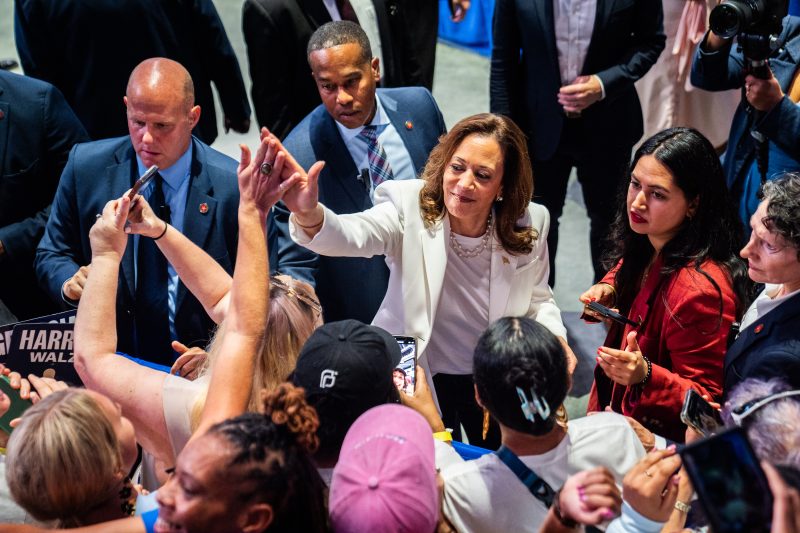In a recent visit to New Hampshire, Vice President Kamala Harris outlined her economic agenda as the next round of debates approaches. Harris highlighted key economic policies aimed at promoting growth and opportunity for all Americans.
One of the central pillars of Harris’s economic plan is the focus on creating well-paying jobs and strengthening the middle class. She emphasized the need for investments in infrastructure, clean energy, and technology to drive economic growth and create new employment opportunities. Harris proposed expanding job training programs to equip workers with the skills needed for high-demand industries, promoting a more inclusive and competitive workforce.
Addressing income inequality was another key priority for Harris. She advocated for raising the federal minimum wage to $15 per hour, ensuring that all workers receive fair compensation for their labor. Harris also proposed tax reforms to make the wealthy pay their fair share and reduce the income gap between top earners and working-class families.
Harris’s economic agenda also includes measures to support small businesses and entrepreneurs. She pledged to provide more access to capital and resources for small business owners, particularly those from underrepresented communities. Harris stressed the importance of fostering entrepreneurship and innovation to drive economic growth and create a more vibrant and diverse business landscape.
In addition to focusing on job creation and income equality, Harris underscored the importance of addressing climate change and promoting sustainability in the economy. She proposed investments in clean energy and green infrastructure to create new job opportunities while combating the threats of climate change. Harris emphasized the need for a transition to a cleaner and more sustainable economy to protect the environment and ensure a better future for generations to come.
Overall, Vice President Kamala Harris’s economic agenda reflects a comprehensive approach to promoting growth, equity, and sustainability in the economy. By prioritizing job creation, income equality, support for small businesses, and climate action, Harris aims to build a more inclusive and resilient economy that benefits all Americans. As the upcoming debates loom, Harris’s economic vision will likely continue to be a focal point of her campaign, offering a roadmap for a more prosperous and equitable future.
